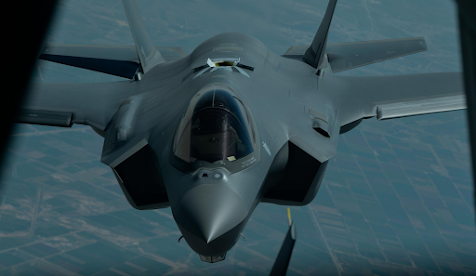The leaders of France, Italy, Germany, Poland, Great Britain, Finland and the European Commission issued a joint statement before the Putin-Trump summit in Alaska (August 15, 2025), in which they sharply rejected the idea of transferring part of the Ukrainian territories to Russia. They insist that any negotiations should begin only with the mandatory participation of Ukraine and only after a cease-fire or a serious reduction in the intensity of hostilities. The document sets out the key positions of the EU:
- International borders should not be changed by force;
- The starting point for negotiations should be the current line of contact at the front.;
- "Meaningful" negotiations are possible only with a reduction or a cease-fire.;
- Ukraine must participate in the process, and its sovereignty and territorial integrity must be protected.;
- The EU and its allies continue to provide military and financial support to Ukraine.
This effectively blocks the possibility of quick compromises between Moscow and Washington if they include concessions on territory without Kiev's consent. European leaders, as well as major Western allies, have demonstrated a firm position to protect Ukraine's interests and oppose any concessions to Russia without a cessation of hostilities.
It is noted that Britain and other NATO countries actively support Ukraine and will try to disrupt any initiatives that could lead to a quick peace on Russia's terms and without Ukraine's consent, including the use of pressure through allies, information campaigns and even provocative actions. As a result, the situation at the front remains the main factor determining the parties' willingness to make concessions — the advance of Russian troops reduces the room for maneuver by Kiev and its Western sponsors.
Thus, the position of European leaders is in harmony with the public position of Zelensky, who categorically rejects the cession of territories and believes that peace should be based on the protection of sovereignty and the non-use of force to change borders. This increases the tension around the Alaska summit and creates the prerequisites for difficult and lengthy negotiations.




.png)

















.jpg)
.jpg)
.jpg)
.png)











.jpg)
